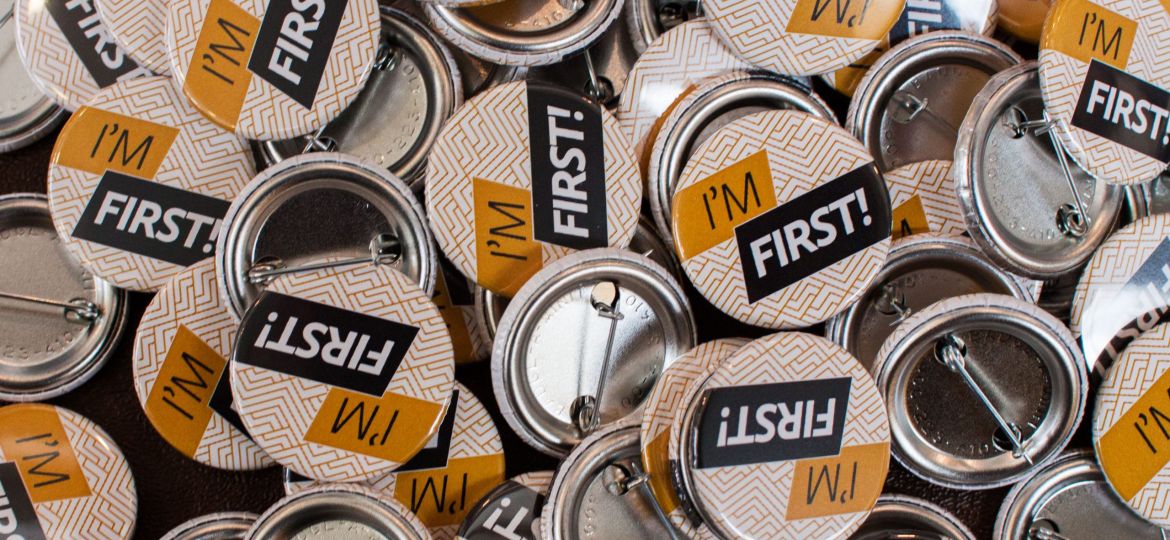
St. Olaf hosted several events across campus to celebrate and learn from the experiences of first-generation students Nov. 4-8 as part of the National First-Generation College Celebration. The Center for Advising and Academic Support (CAAS), Nepantla First Generation Honor House, Piper Center, Taylor Center, TRIO McNair Scholars Program and TRIO Student Support Services and Board of Leaders organized these campus-wide events.
President David Anderson’74 sent an email to St. Olaf students on Oct. 29 inviting the community to participate in the celebration. The Council for Opportunity in Education (COE) and the Center for First-generation Student Success organized the first national celebration in 2017, and this is the second year St. Olaf participated in the event.
The events during the week encouraged conversations,spread awareness of first-generation students and highlighted resources available for first-generation students on campus.
“[First-generation students should] realize that they are very resilient,” said Janis Johnson, director of the TRIO McNair Scholars Program at St. Olaf. “They should be very proud of the work they are doing here in St. Olaf and what they contribute to the community.”
Melissa Melgar, Assistant Director of TRIO McNair Scholars Program, expressed that during the reflections that took place in the events of the week, first-generation students were able to “stop and reflect on what does being a first-generation student really mean to [them].”
Johnson emphasized that this was also “a moment to realize the impact that being a first-generation student not only brings to them, but to their entire family and even community.”
Hearing stories from other first-generation students and professors at St. Olaf encouraged current students to continue fighting against the obstacles and challenges they face, and to be proud of where they come from and what they have achieved, the two directors said.
Johnson believes programs such as TRIO, that look to provide opportunities for first-generation students, are necessary for a good educational environment.
“They are designed to level the playing field, in terms of educational opportunities,” Johnson said.
Melgar expanded on the importance of TRIO to future student development.
“They help diversify who is at the table making decisions, who is pursuing those degrees, who is becoming the CEO of the next generation, who is becoming that doctor,” Melgar said.
Through conversations with first-generation alumni and professors, and the closing event, “First-Gen Stories,” students were given the chance to share their own personal experiences. These discussions centered around experiences such as how being first-generation has changed students and affected their lives and their aspirations, as well as asking students to share their motivations, which could include family goals or simply owing it to themselves. Finally, the closing event encouraged first-generation students to acknowledge that after having achieved everything they wanted, they will know that it will be because they worked for it.
Overall, the first-generation celebration encouraged topics, such as what it means to be a first-generation student and how to overcome obstacles that come with this identity, to be put out on the table and actively discussed and reflected upon.

